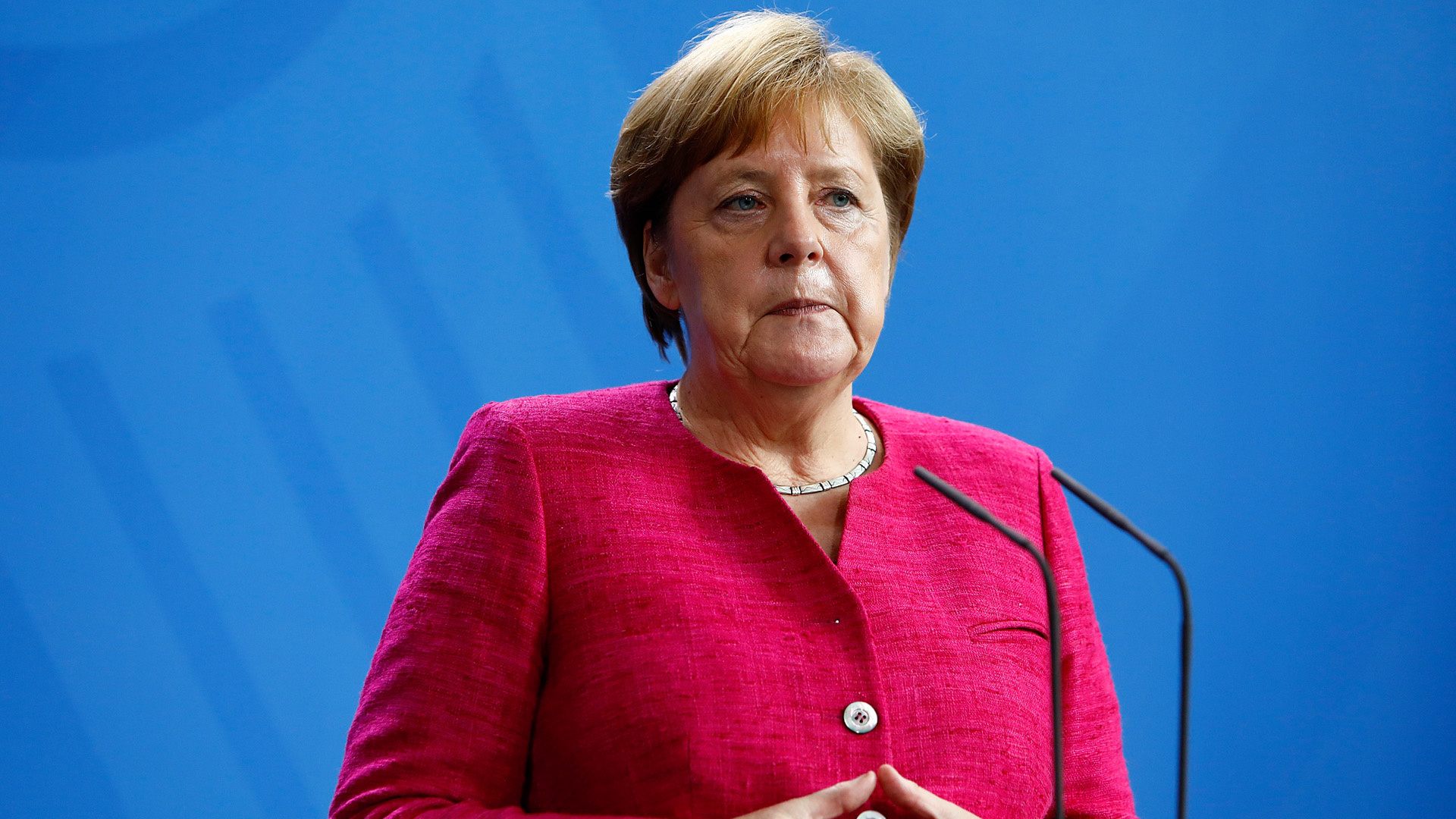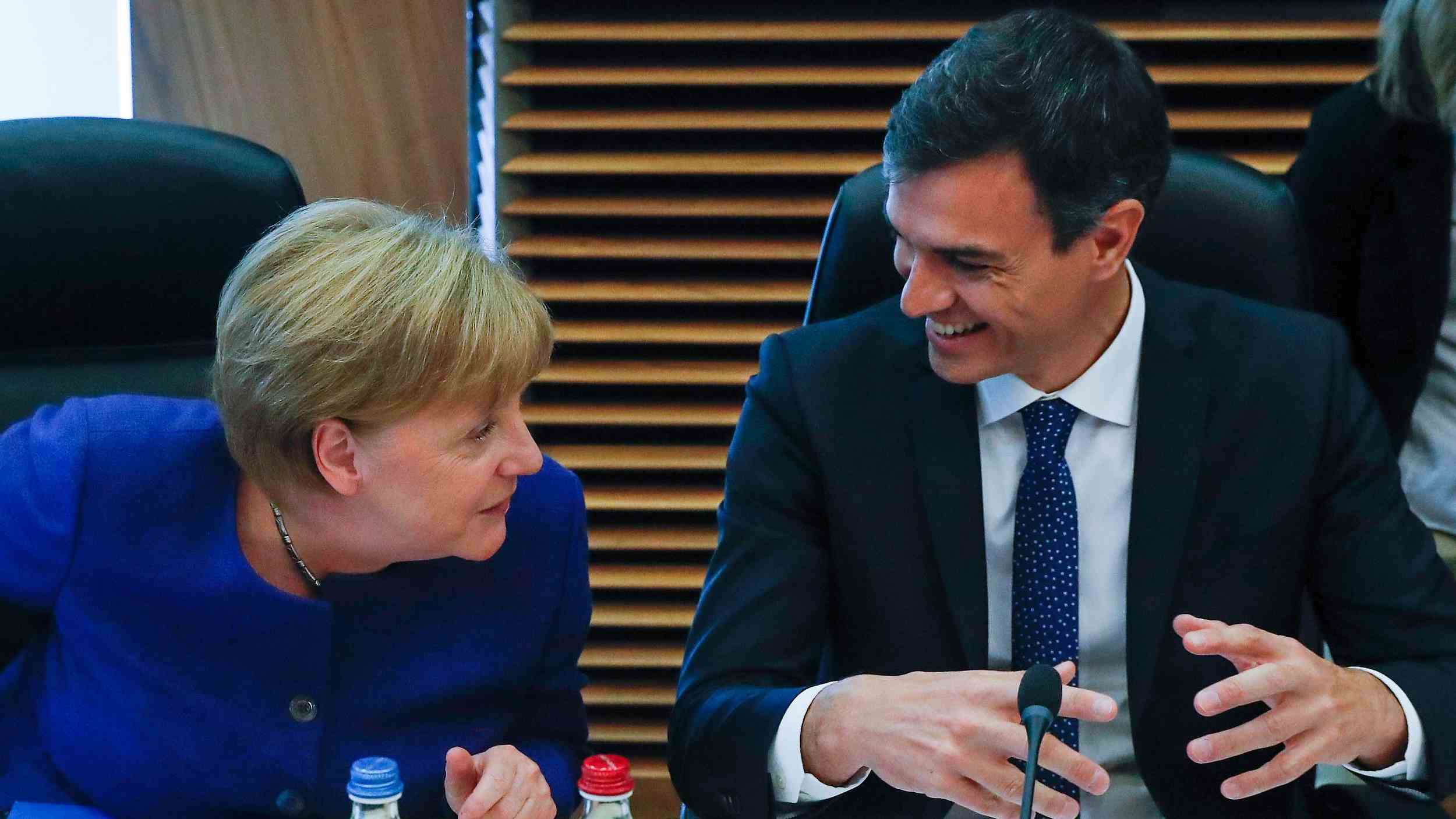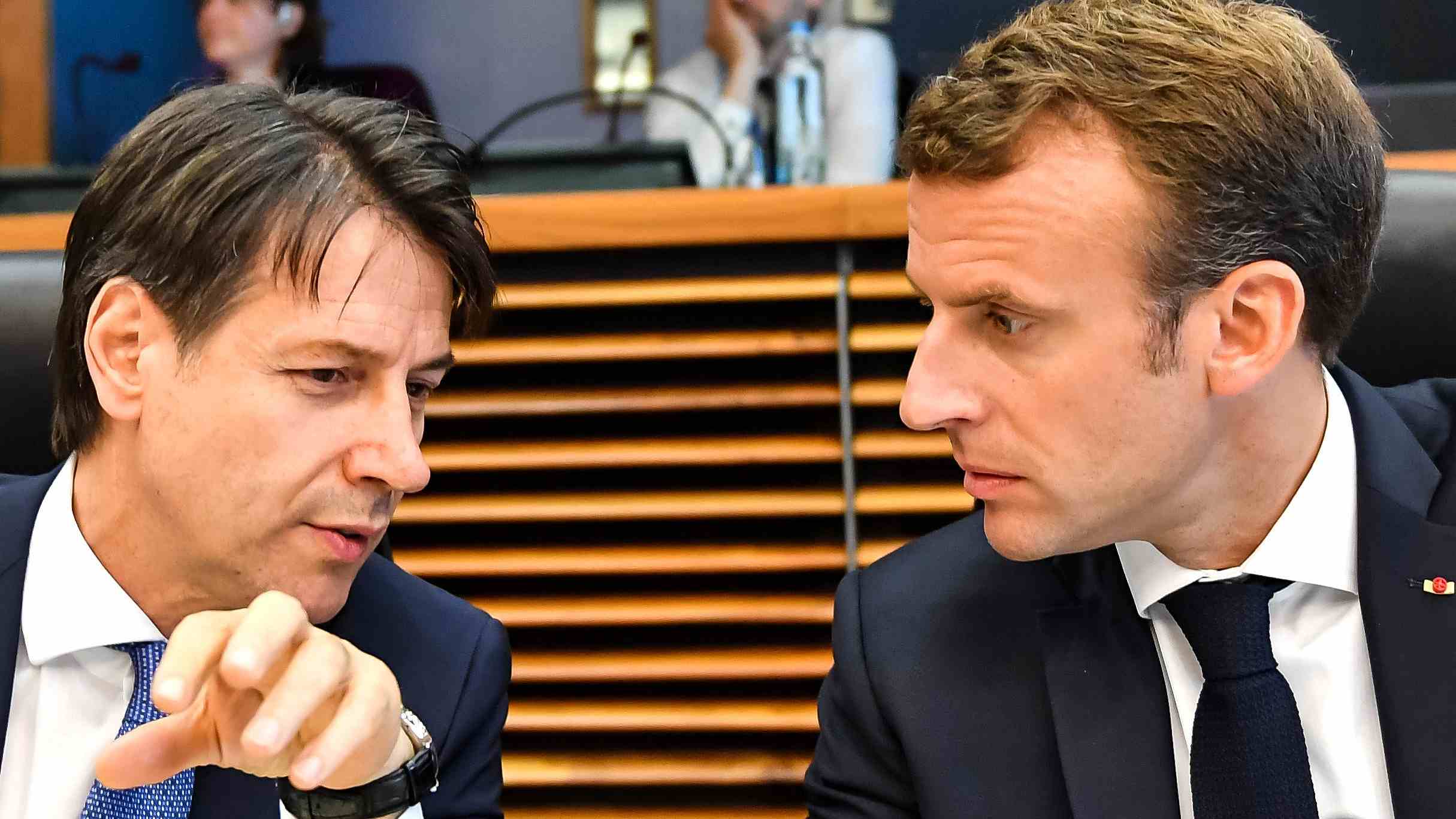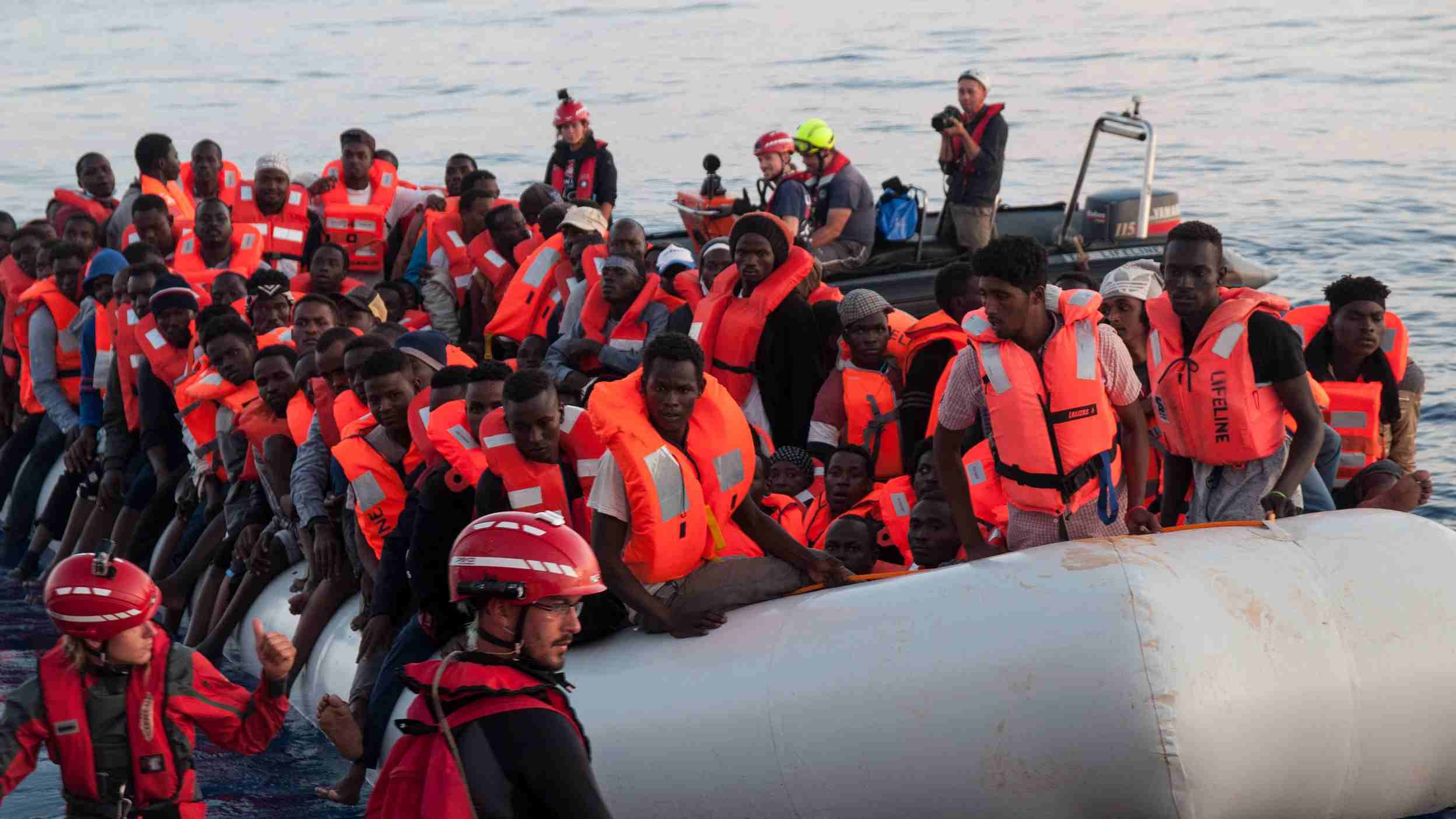
Politics
14:56, 25-Jun-2018
Merkel rules out EU-wide migrant deal at crunch summit
By John Goodrich
00:28

Splits over migration policy within the European Union (EU) are unlikely to be healed with a bloc-wide migration plan at this week's crunch EU summit – a blow to German Chancellor Angela Merkel, who is seeking an EU deal to placate her coalition partners.
Merkel, speaking after an emergency EU mini-summit on migration in Brussels on Sunday, cautioned that the European Council "will not yet provide an overall solution to the migrant problem," and stressed the need for "bilateral or trilateral agreements for mutual benefit."
The Christian Social Union (CSU) party, one of Merkel's coalition partners, has threatened to turn away people who have already been refused for asylum or who have applied elsewhere if the chancellor does not come up with a workable plan by Sunday.

German Chancellor Angela Merkel (L) speaks with Spanish Prime Minister Pedro Sanchez at an informal EU summit on migration in Brussels, Belgium, June 24, 2018. /VCG Photo
German Chancellor Angela Merkel (L) speaks with Spanish Prime Minister Pedro Sanchez at an informal EU summit on migration in Brussels, Belgium, June 24, 2018. /VCG Photo
Such a move would, if implemented, see migrants returned to entry countries such as Italy or Greece. Interior minister Horst Seehofer, also chairman of the CSU, would likely be sacked if he pressed ahead with the policy in defiance of Merkel.
The German chancellor has called for a European solution and warned that unilateral action could threaten free movement within the Schengen Area, a position echoed by many of the 16 EU leaders who met on Sunday to discuss divisions in the 28-member bloc.
However, countries that have taken a hard line on migration policy – Hungary, the Czech Republic, Slovakia and Poland – did not attend.

French President Emmanuel Macron (R) speaks with Italian Prime Minister Giuseppe Conte at an informal EU summit on migration in Brussels, Belgium, June 24, 2018. /VCG Photo
French President Emmanuel Macron (R) speaks with Italian Prime Minister Giuseppe Conte at an informal EU summit on migration in Brussels, Belgium, June 24, 2018. /VCG Photo
Strains within the EU over migration are longstanding, and, even as the number of migrants seeking asylum in Europe continues to fall, have returned to the spotlight in recent weeks following the formation of a populist governing coalition in Italy.
French President Emmanuel Macron, who on Sunday backed Merkel's call for like-minded EU members to work together on migration, engaged in a spat with Rome after interior minister Matteo Salvini refused to allow in a charity ship carrying 630 migrants to dock in Italy. Several other migrant ships are now in limbo in the Mediterranean.
Macron intensified his criticisms ahead of Sunday's summit, saying, "A country like Italy has not at all the same migratory pressure as last year. The crisis we are experiencing today in Europe is a political crisis." Salvini labeled the French president "arrogant" in response, and said if there was really no problem France should open its doors to more migrants.

Migrants on an inflatable boat before boarding the Lifeline sea rescue ship at sea on June 21, 2018. /VCG Photo
Migrants on an inflatable boat before boarding the Lifeline sea rescue ship at sea on June 21, 2018. /VCG Photo
EU rules dictate that asylum-seekers must be processed in their entry country, usually Italy, Greece and Spain. EU leaders had called for a permanent mechanism to distribute asylum-seekers throughout the bloc by the end of June, but a solution is yet to be found.
Italian Prime Minister Giuseppe Conte said he was "satisfied" with Sunday's summit. He called for "protection centers" to be set up across Europe to help spread the number of migrants processed, a proposal that would end the requirement that a migrant is processed at point of entry.
Members are now looking towards bilateral deals within the bloc, and are also considering attempting to replicate an agreement made with Turkey in 2015 – that has seen migration arrivals drop dramatically – with North African nations. If it were to come to fruition, screening centers could be set up in countries such as Egypt, Tunisia and Algeria while an asylum deal with southeastern Europe's Albania has also been floated.
A consensus was found on Sunday on the need to fund border controls on the EU's external borders. "Our top priority, if we want to save free movement within the Schengen Area, is to ensure real, strict controls of the EU's external borders," Belgian Prime Minister Charles Michel said. However there was little sign of progress on a solution to "secondary migration," the movement of migrants within the EU once they have been registered in an entry country.
The mini-summit took place days before a high-stakes EU Council summit on Thursday and Friday that is expected to be dominated by talks on migration, trade tariffs, eurozone reform and Brexit.

SITEMAP
Copyright © 2018 CGTN. Beijing ICP prepared NO.16065310-3
Copyright © 2018 CGTN. Beijing ICP prepared NO.16065310-3